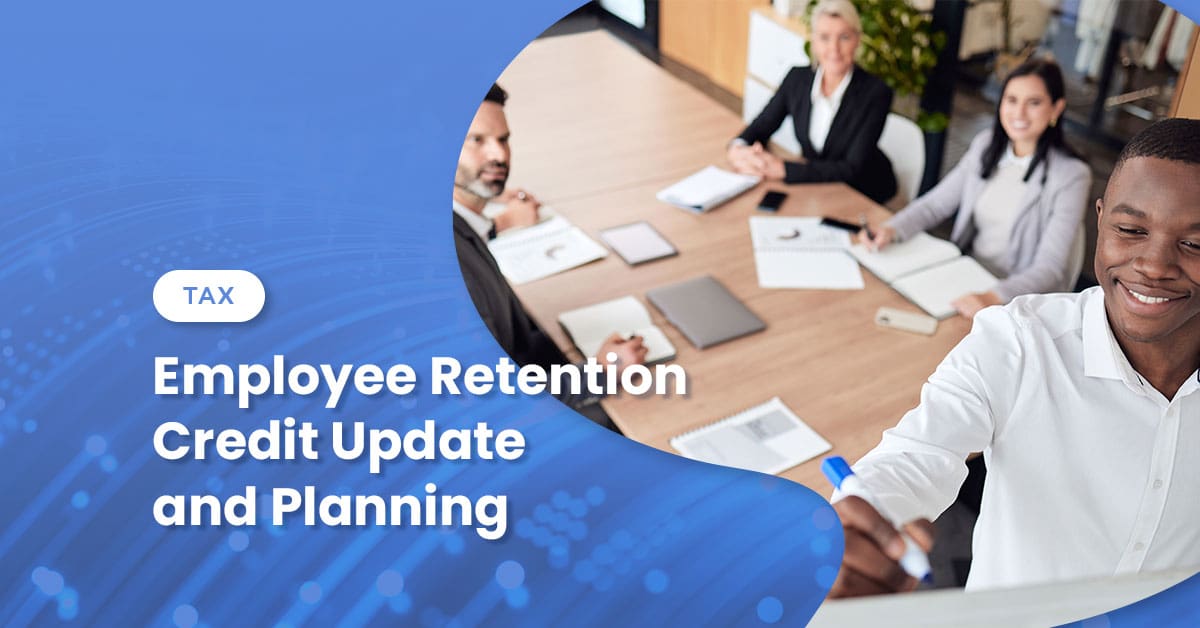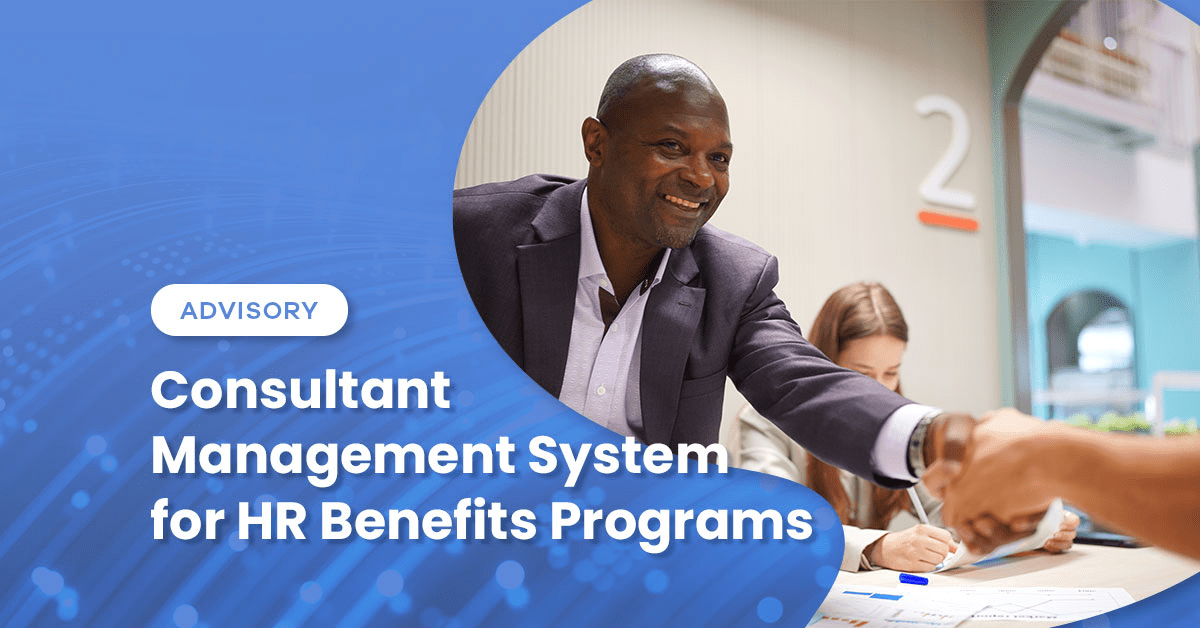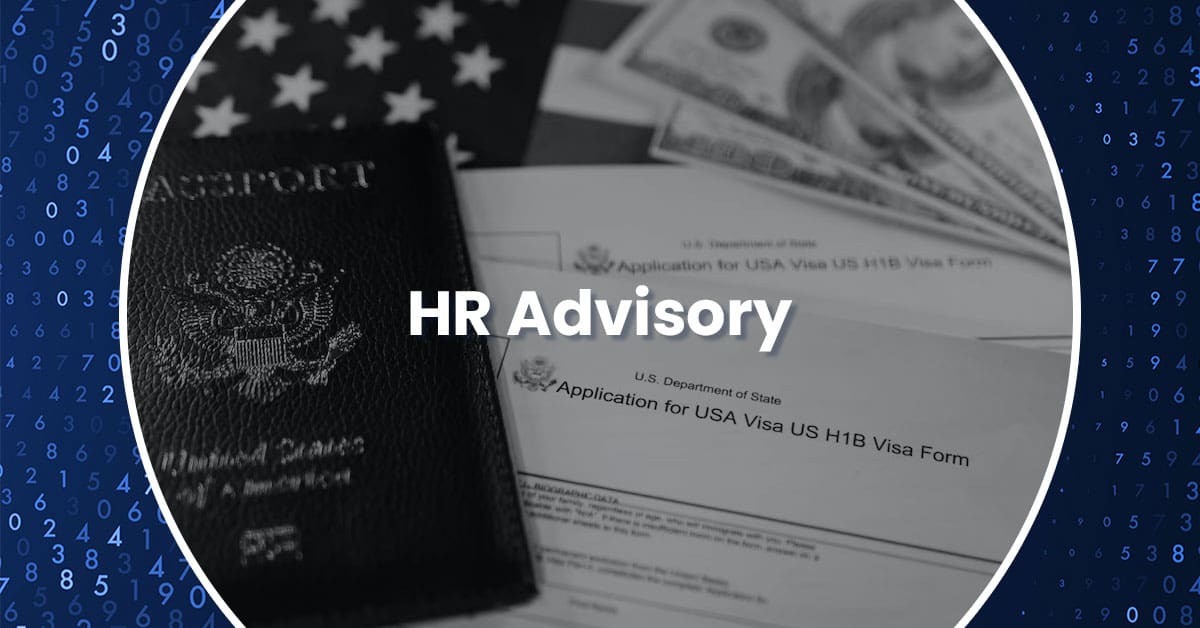By Lisa Calick
Just as maintaining solid relationships among family and friends is vital to a sense of well-being in our personal lives, building relationships is also critical for success in the workplace. A LinkedIn study revealed that 46 percent of professionals around the world believe that their friendships at work play an important role in their overall happiness. These bonds are particularly significant to millennials, who are more likely than older generations to share highly personal details about their lives with coworkers.
While it’s important not to cross boundaries, gone are the days when conventional wisdom dictated that employees keep their professional and private lives separate. It’s OK to be friends with your coworkers, and it’s OK to be vulnerable and put yourself out there. In fact, doing so may even help you to be more successful in your career.
Here are some key reasons why opening up at work can also present new opportunities for success.
- Networking potential. Most people understand the importance of networking. But many are also intimidated by it, unsure how to go about growing their web of professional contacts. What they don’t realize is that every relationship they build is a form of networking. Casual connections forged in the workplace lead to genuine, lifelong relationships — which can prove mutually beneficial down the road as opportunities evolve. Perhaps that relationship results in client referrals, or a recommendation to a different employer, or a new business venture. Although you don’t know where exactly it will lead, making an effort to foster work friendships can pay big dividends.
- Greater satisfaction. When employees leave for new opportunities, many employers may routinely hear in exit interviews that the thing they will miss most is the people. Good working relationships benefit overall morale — and they can make employees more likely to stay with a company. By asking a coworker about family or making an effort to get to know someone outside of work, you’re building trust and a sense of engagement that ultimately can make you both feel like you’re part of a team.
- Boosting excellence. Finally, it’s important to remember that highly engaged employees are also likely to be better employees. People who have strong work relationships are more inclined to support one another, collaborate successfully on larger projects and join forces to positively influence the direction of the company. The motivation that results from a friendly work environment can be a powerful tool for professional growth.
So make the effort to get to know your co-workers. Doing so can make you more successful in your job – and pave the way for future opportunities.
As Director of Human Resources, Lisa Calick is responsible for all human capital strategies at Wiss including workforce planning, talent management, learning and development, compensation and employee relations.

 Previous
Previous








